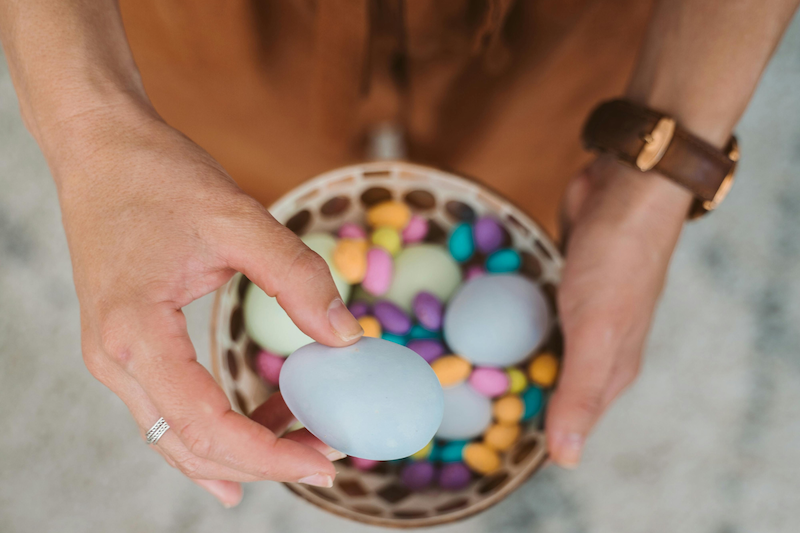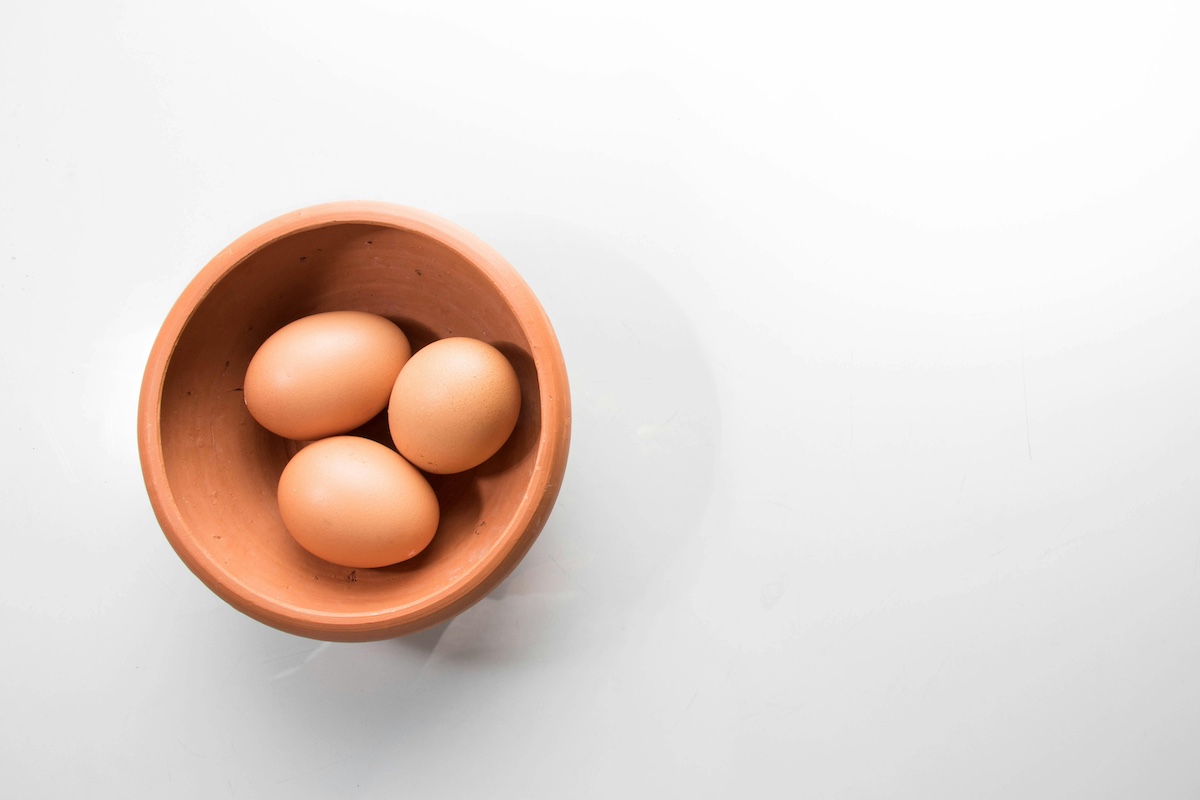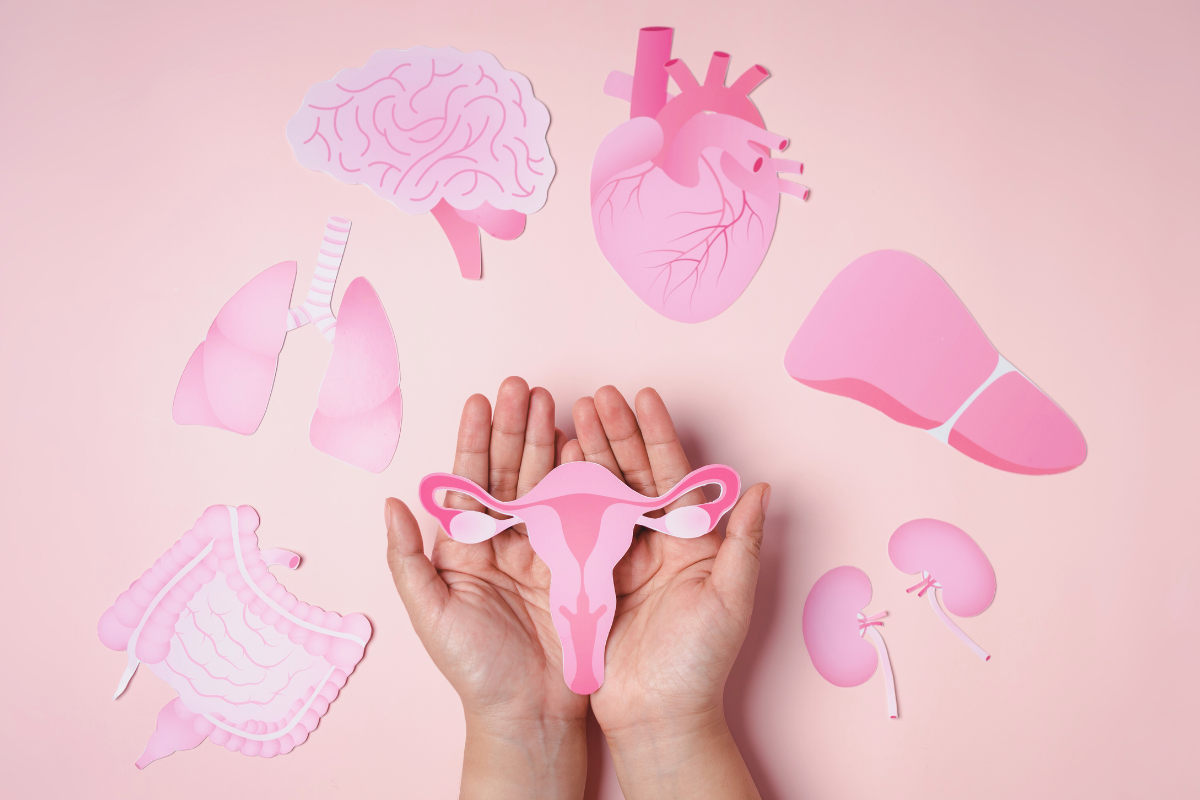I had my first daughter at age 35 and my second (now 10 weeks old) at 38. I experienced two miscarriages between them, leading to some testing to check my hormone levels. Right before I became pregnant with my 10-week-old, my OB told me I likely had primary ovarian insufficiency, though my cycle was still considered regular. Is there a way to know if I do in fact have POI now, before I go a year without a cycle? How will I know if I’m exclusively breastfeeding and experience lactational amenorrhea? I’m having a hard time making sense of the seeming contradictions between my hormone levels, fertility, future family planning, and possible need to treat POI to protect my bone and cardiovascular health.
—Anomaly with miracle babies?
Congratulations on your new baby! This is one of those situations where it can be hard to pick apart exactly what is going on. You will not be able to confirm (or disprove) a diagnosis of primary ovarian insufficiency while you are breastfeeding. The hormones of breastfeeding keep follicle-stimulating hormone levels low. As a result, no eggs start the maturation process. Anti-mullerian hormone (AMH) is made by the maturing eggs. So AMH levels aren’t a reliable indicator during breastfeeding either.

I would argue that that is okay. The hormones of breastfeeding basically hit pause on your reproductive system. That means that right now, while you are breastfeeding, your reproductive hormone levels would be roughly the same whether you have POI or not. Once you get your period back, you can reassess with blood work and, if needed, consider your options regarding future fertility — including egg or embryo freezing — and hormone replacement therapy.
One common misconception is that women with POI can’t get pregnant. So just because you were able to conceive does not rule out POI. Anyone who is ovulating can get pregnant. If you are having regular periods, it is very likely that you are ovulating regularly, even if it is taking a lot of help from your pituitary gland to make it happen. The eggs you are ovulating may not be of the highest quality, and that can affect whether they result in a viable pregnancy. But it is possible both to have gotten pregnant on your own and have POI at the same time.
Ultimately, there is no way to know for sure whether you have POI while you are breastfeeding. Once you have weaned, your doctor can do further testing. And if you do have POI, you can consider your options for future fertility and reducing your long-term health risks.
Community Guidelines




















Log in